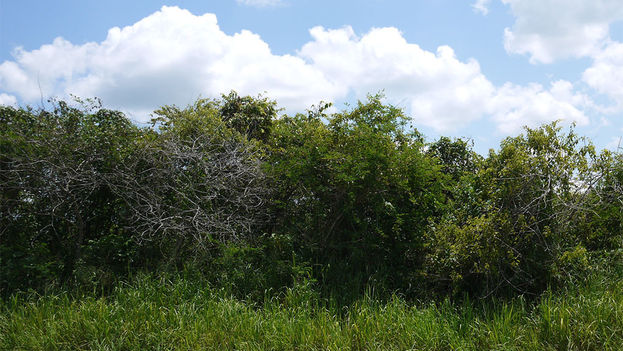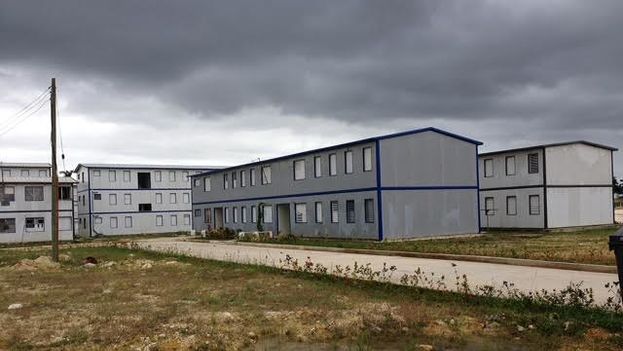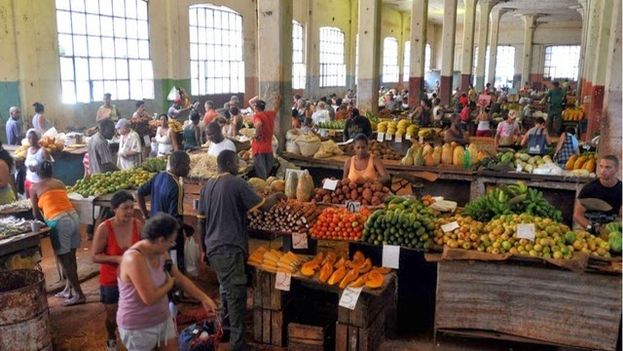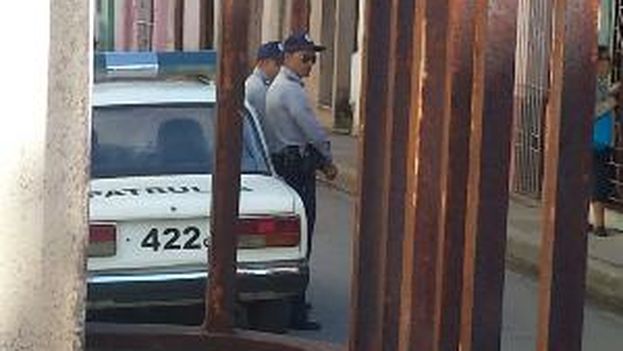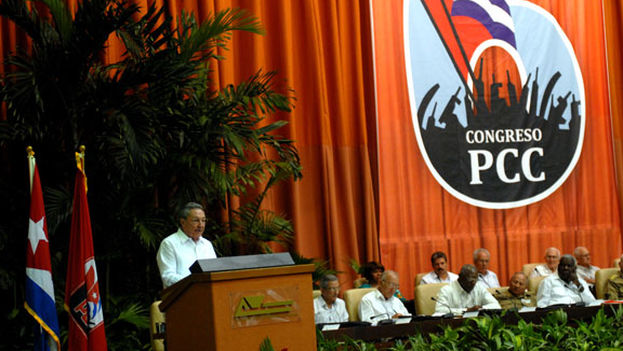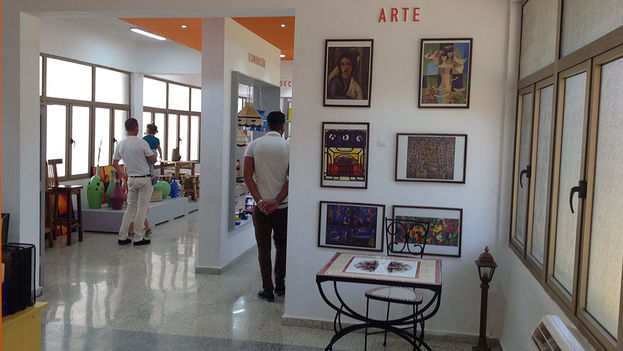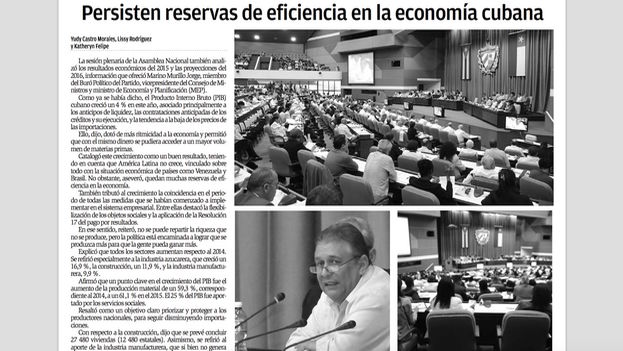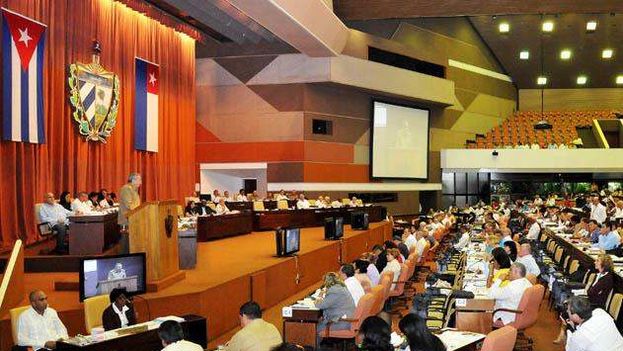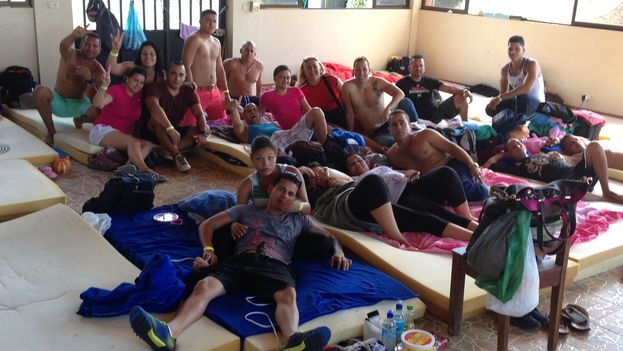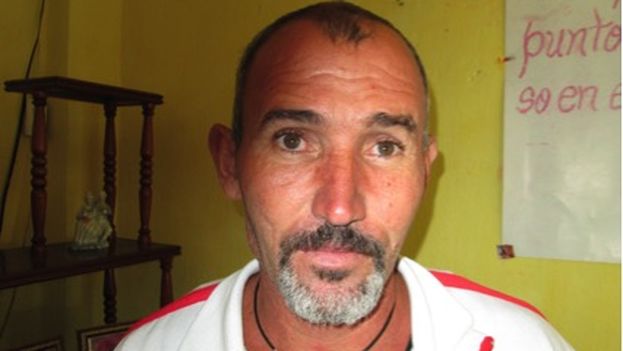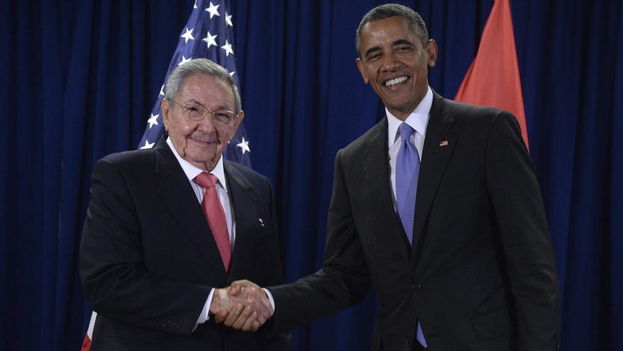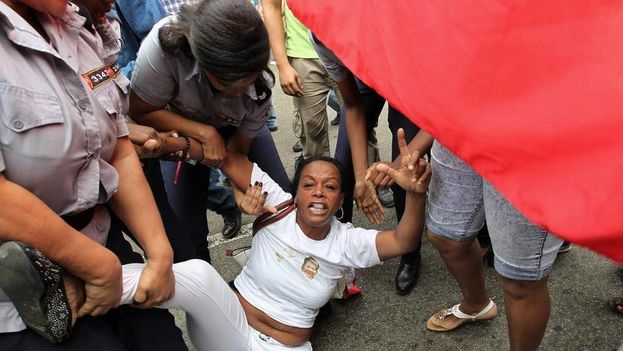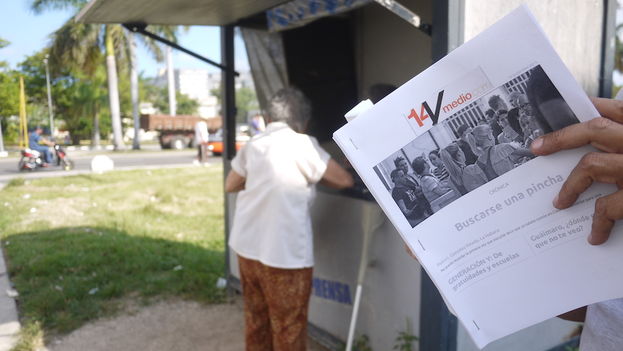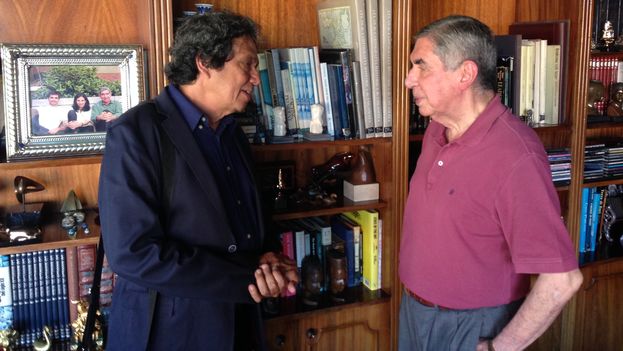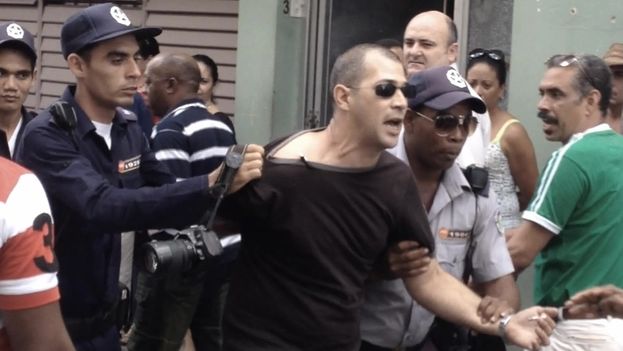
![]() 14ymedio, Reinaldo Escobar, Havana, 28 January 2016 — Journalism is a high-risk profession. Death threats and imprisonment are just around the corner for thousands of journalists throughout the world. In Cuba, as an illustrious writer said, in the last five decades “they haven’t killed journalists because they have killed journalism.” One organization defends the rights of the profession and tries to raise its voice for those who have been silenced at the microphones and in the national presses.
14ymedio, Reinaldo Escobar, Havana, 28 January 2016 — Journalism is a high-risk profession. Death threats and imprisonment are just around the corner for thousands of journalists throughout the world. In Cuba, as an illustrious writer said, in the last five decades “they haven’t killed journalists because they have killed journalism.” One organization defends the rights of the profession and tries to raise its voice for those who have been silenced at the microphones and in the national presses.
Ten years ago, a group of independent journalists founded the Association for Freedom of the Press (APLP) with the initial purpose of protecting the work of reporters and also to act as an independent news agency. Looking back, its members are taking stock of what it has accomplished and looking at the long road that lies ahead. continue reading
Jose Antonio Fornaris, APLP president, told 14ymedio that at present the organization is focused on “learning of and denouncing the problems of Cuban journalists in the exercise of their profession.” The most common difficulties range from arrests, the confiscation of working tools, and the little access to sources.
Freedom House, based in Washington, reported last year that Cuba remains, both regionally and globally, one of the countries with the greatest restrictions on the press. The organization denounced the fact that many Cuban journalists continue to be imprisoned and that official censorship is “widespread.” The island ranks last in Latin America with regards to press freedom.
The Cuban Constitution states that “citizens have freedom of speech and of the press in accordance with the objectives of socialist society,” but the editorial line of the national media is governed by the Department of Revolutionary Orientation (DOR), an arm of the Central Committee of the Communist Party of Cuba.
Many professionals, both in the independent sphere as well as those closest to the ruling party, have pushed in recent years for a press law. This legislation would regulate the activities of journalists and, in particular, force institutions to provide information of national interest in a public and transparent way.
Without this legal basis, the work of a reporter in Cuba will continue to move between self-censorship and danger, as APLP finds every day, when working to ensure that “in each province there are observers who are aware of the problems faced by information professionals.” Undoubtedly, these activists for press freedom have a great deal of work to do to collect every violation against the profession.
It is not enough, therefore, that a group of reporters, such as the APLP, are willing to raise their voices for others. “The ideal is for someone who has been harmed to approach us and report their case,” says Fornaris, a first step in order to then get “the corresponding verifications,” and “to provide assistance to the victim,” he adds.
Last October, during the 71st General Assembly of the Inter American Press Association (IAPA), a devastating report on Cuba was presented in which it is stated that human rights and freedom of the press are violated “absolutely and systematically” with the State “monopolizing” the media.
The small team that makes up this NGO tries to optimize its time. Miriam Herrera is responsible for the committee that attends to the journalists, while Migiuel Saludes, located in the United States, serves as the representative abroad; each one of the seven members of the board is responsible for an area of the NGO’s work.
In the APLP “we don’t have lifetime tenure,” says Fornaris. He says it with a pained smile in a country where there have not been democratic elections for seven decades. It is very important for the organization to break with this fatal flaw, and “this year we are renewing the mandates.” The president sees it clearly, “It would be unacceptable for us to call for democracy in Cuba and to have a dynasty in our ranks.”
His hope of a new morning of greater freedoms does not blind him to the present. “As long as the press doesn’t point the finger at who is responsible for its faults, nothing happens,” Fornaris concludes with determination. He does not believe that “under the rules of this system monopolized by a single party can one expect substantial change.”
However, what is not in doubt is that “the press must be free, otherwise it can’t be called the press.”

